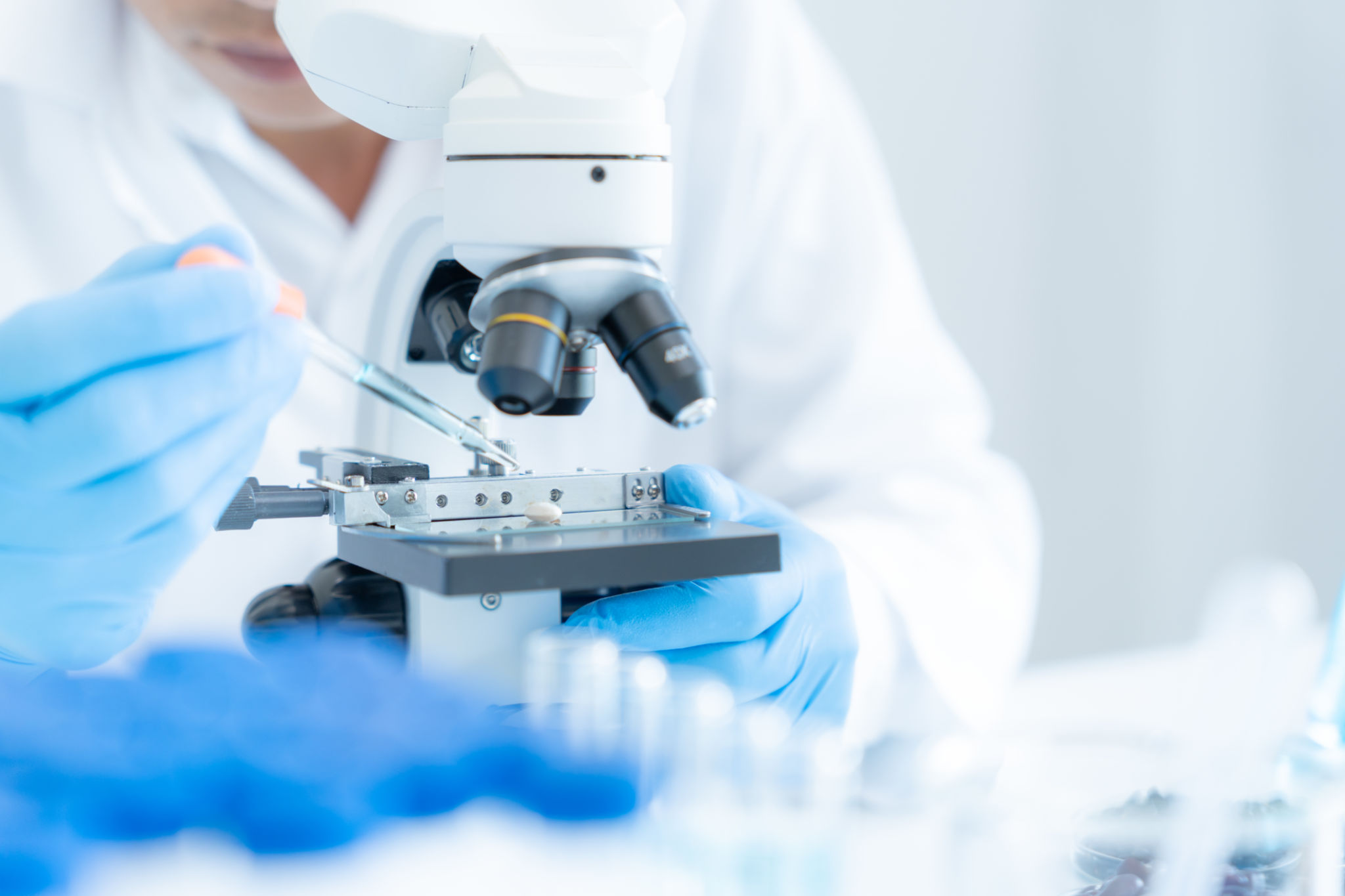The Role of Quality Assurance in Life Sciences: A Comprehensive Guide
In the highly regulated field of life sciences, maintaining product integrity and patient safety is paramount. This is where Quality Assurance (QA) plays a critical role. QA is a systematic process dedicated to ensuring that products and services meet specific requirements and standards. In life sciences, this translates to rigorous oversight of pharmaceuticals, biotechnology, and medical devices to ensure they are safe, effective, and compliant with regulatory standards.

Understanding Quality Assurance in Life Sciences
Quality Assurance in life sciences involves a series of processes designed to maintain and improve the quality of products. It begins at the earliest stages of product development and continues through manufacturing, distribution, and post-market surveillance. QA ensures that every step of the product lifecycle adheres to strict guidelines and regulations.
The primary goal of QA is to prevent defects and ensure the consistent quality of products. This involves comprehensive planning, systematic monitoring of processes, and implementing corrective actions when necessary. By doing so, QA helps in safeguarding the health and well-being of patients who depend on these products.
The QA Process
The QA process in life sciences is multifaceted. It includes:
- Validation: Ensuring that processes and systems produce consistent and repeatable results.
- Documentation: Maintaining detailed records of processes, tests, and outcomes.
- Compliance: Adhering to local and international regulations, including FDA, EMA, and ISO standards.
- Risk Management: Identifying potential risks and implementing strategies to mitigate them.

The Importance of Regulatory Compliance
Compliance with regulatory standards is a cornerstone of QA in life sciences. Regulatory bodies like the FDA in the United States and the EMA in Europe set stringent guidelines to ensure the safety and efficacy of products. Non-compliance can lead to severe consequences, including product recalls, legal actions, and damage to a company's reputation.
QA teams work tirelessly to ensure that all products meet or exceed these regulatory requirements. They conduct regular audits, both internally and externally, to ensure compliance at every stage of production. This not only protects consumers but also helps companies avoid costly penalties.
The Role of Technology in QA
Advancements in technology have significantly enhanced the capabilities of QA in life sciences. Automation, data analytics, and artificial intelligence are now integral parts of the QA process. These technologies help streamline operations, reduce human error, and provide real-time insights into quality issues.

For instance, automated systems can monitor production lines 24/7, ensuring that any deviations from set parameters are immediately addressed. Similarly, data analytics can identify trends and patterns that may indicate potential quality issues before they become critical.
The Future of Quality Assurance in Life Sciences
As the life sciences industry continues to evolve, so too will the role of Quality Assurance. The growing complexity of products, coupled with increasing regulatory demands, will necessitate even more robust QA processes. Companies will need to invest in cutting-edge technologies and continually update their practices to keep pace with these changes.
Moreover, with the rise of personalized medicine and biologics, QA will play an increasingly important role in ensuring that these complex therapies are safe and effective. The future will see a greater emphasis on patient-centric approaches and real-time monitoring of product performance.
In conclusion, Quality Assurance is an indispensable component of the life sciences industry. It not only ensures compliance with regulatory standards but also protects patients by guaranteeing the safety and efficacy of products. As technology advances and industry demands grow, the role of QA will only become more critical in shaping the future of life sciences.
